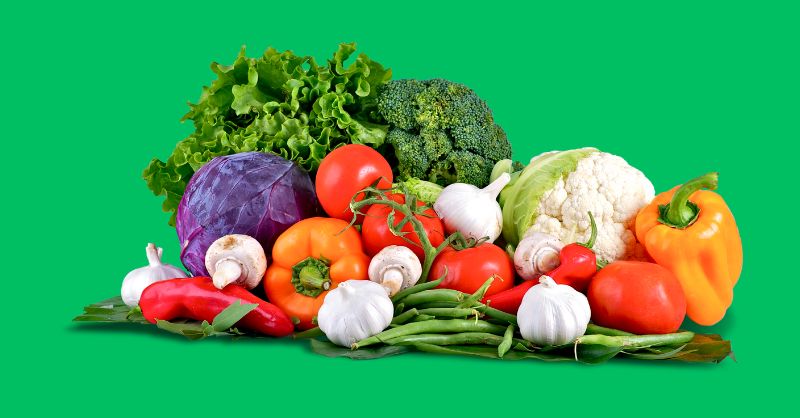Vegetable Farming: Cultivating Quality and Sustainability in Agriculture
22 August, 2023

In the ever-evolving landscape of agriculture, one practice stands as a cornerstone of sustainable food production: vegetable farming. With a focus on producing organic vegetables and leveraging advanced agricultural technology, this industry plays a vital role in ensuring a steady supply of nutritious produce. Let's delve into the realm of vegetable farming, explore its significance, and understand the dynamics of the agricultural products market.
The demand for organic vegetables has been on the rise, and for good reason. Organic farming methods emphasize natural processes, eschewing synthetic pesticides and fertilizers. This approach not only safeguards the environment but also results in vegetables packed with essential nutrients. From crisp lettuce leaves to vibrant tomatoes, organic vegetables not only taste great but also offer health benefits that resonate with health-conscious consumers.
The realm of agricultural products encompasses a wide array of offerings beyond the vegetables themselves. Seeds, fertilizers, irrigation systems, and machinery
Read More : Growing vegetables in a mall, this Malaysian start-up wants to shake up the traditional food supply chain
play an integral role in nurturing and optimizing crop growth. These products contribute to the efficiency and productivity of vegetable farming, ensuring a consistent supply of quality produce.For vegetable farmers, the relationship with agricultural suppliers is crucial. These suppliers provide the necessary tools, resources, and expertise to support farmers in their endeavors. From providing high-quality seeds to offering cutting-edge farming technology, suppliers form a bridge that connects the farm to market demands.
The rapid advancement of agricultural technology has revolutionized the way vegetables are grown. Precision farming techniques utilize data-driven insights to optimize irrigation, minimize waste, and enhance overall crop yield. Drones and sensors monitor crop health, allowing farmers to intervene promptly when issues arise. These technological innovations not only boost efficiency but also contribute to sustainable farming practices.
As consumer preferences shift towards healthier choices, the demand for organic vegetables continues to soar. This trend has prompted farmers to adopt more sustainable practices to cater to these preferences. Agricultural products, from organic fertilizers to eco-friendly pest control solutions, are also witnessing increased demand as farmers strive to align with market expectations.
Sustainability is not just a buzzword in the realm of vegetable farming—it's a guiding principle. With climate change concerns and environmental consciousness on the rise, farmers are exploring innovative methods to minimize their ecological footprint. Crop rotation, cover cropping, and integrated pest management are just a few strategies employed to ensure that farming practices remain harmonious with nature.
Vegetable farming isn't without its challenges. Unpredictable weather patterns, pest infestations, and disease outbreaks can significantly impact crop yield. However, technology and knowledge-sharing within the industry have empowered farmers to anticipate these challenges and implement preventive measures.
The future of vegetable farming holds promise, as it aligns with the increasing demand for sustainable food production. The synergy between organic farming practices, innovative agricultural technology, and the dedication of vegetable suppliers positions the industry on a trajectory of growth.
In conclusion, vegetable farming stands as a testament to the resilience and adaptability of modern agriculture. Through cultivating organic vegetables, harnessing cutting-edge agricultural technology, and collaborating with essential suppliers, the industry not only meets consumer needs but also paves the way for a more sustainable and nourished world.
TAG(s):
